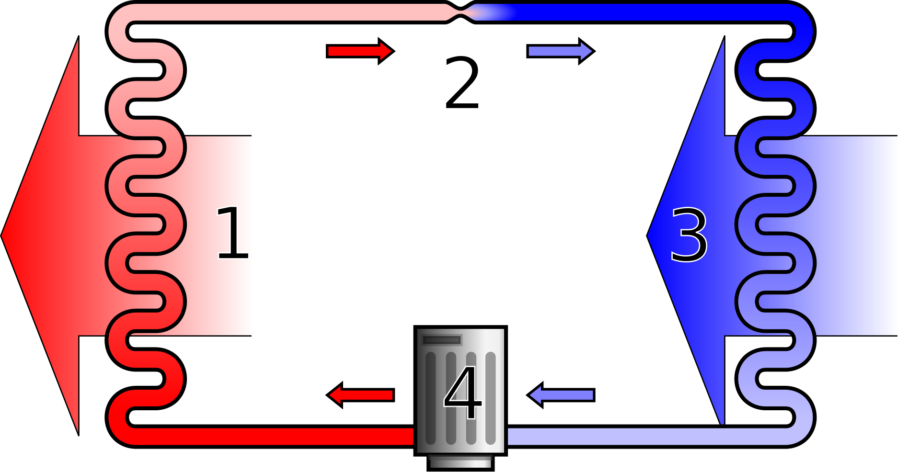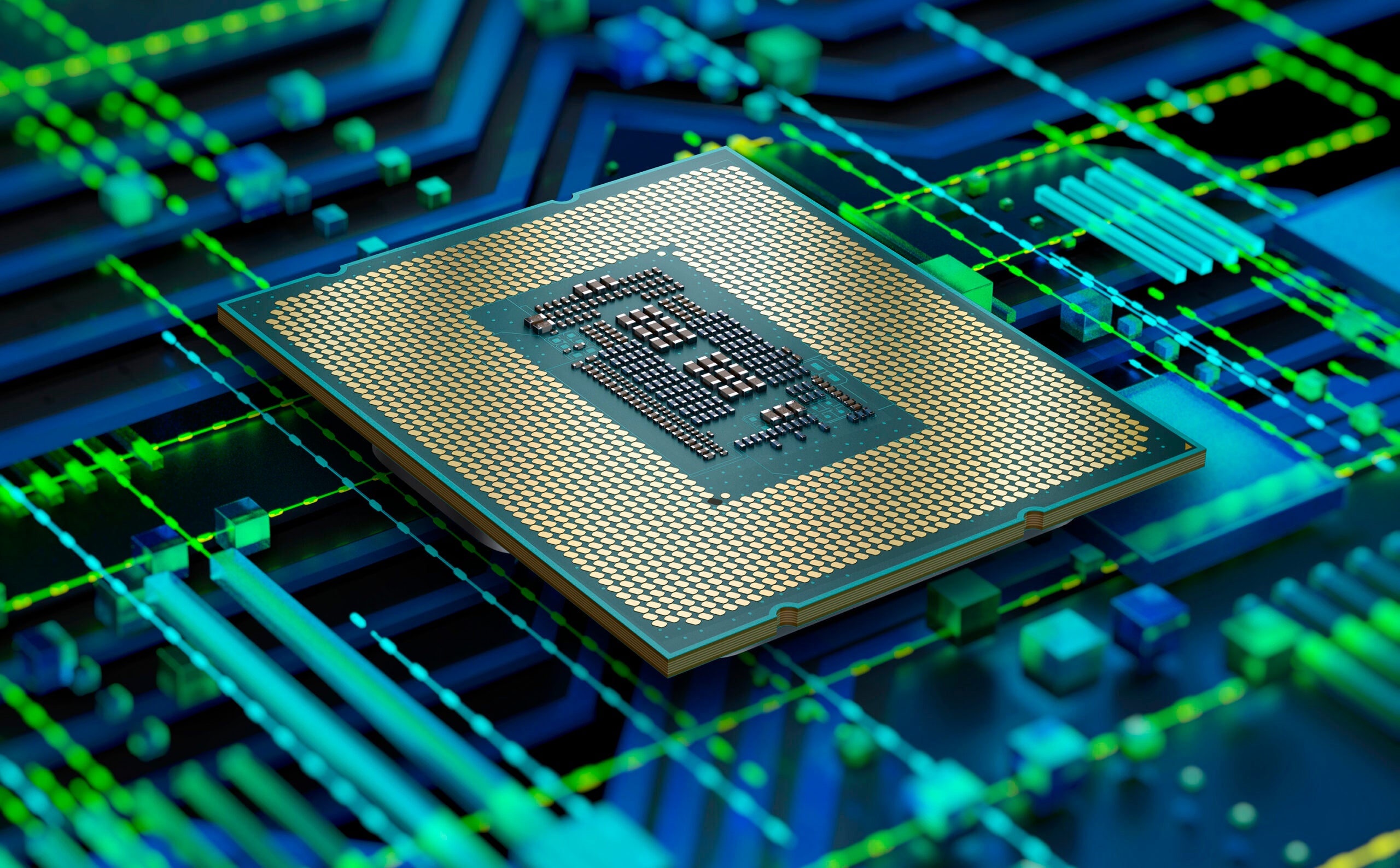What is a heat pump and how does it work?

Looking at upgrading your home or greenhouse and seeing lots of talk about heat pumps, but not sure what exactly they are? Then you’re in the right place as in this guide we’ll breakdown everything you need to know about heat pumps.
A heat pump is an appliance that transfers heat from one location to another. They do this using the principles of thermodynamics by implementing the concepts of heat transfer, thermal energy, and heat sources/sinks.
Heat pumps are often used to assist in heating homes or greenhouses during colder months. They can also be used for cooling in the summer by installing a reverse-cycle system.
There are several types of heat pumps, but they all have similar components: A heat source (usually an outdoor unit) and a condenser (indoor unit). The outdoor unit extracts thermal energy from the environment through a refrigeration process called compression.
This compression process requires electricity; therefore, it is referred to as an auxiliary heat source. The indoor unit uses an expansion process of gas or liquid to release the stored thermal energy back into the home or greenhouse as either hot air or hot water.
How a heat pump works
A heat pump works like any other refrigeration appliance. It uses a compressor to extract thermal energy from the environment and a condenser to release it back into the environment. It is just that in this case, the place where the thermal energy is transferred from is always warmer than the location where it is transferred to.
Therefore, it is called a heat pump. This can be explained with an example: During the winter, a heat pump can be used to transfer thermal energy from the outdoor air to inside the home. This works because outdoor air is often warmer than indoor air, and the reverse is true during the summer.
A heat pump transfers thermal energy by using one of two mechanisms -refrigerant gas compression or vapor compression.
Can you install a heat pump yourself?
You can install a heat pump yourself if you are a DIY enthusiast. However, it is highly recommended to hire a professional HVAC contractor or plumber to do it for you. If you don’t know what you’re doing, you can cause serious damage to both the unit and the home. As for the cost of installing a heat pump, it will vary depending on where you live, the size of the system, and the fitter’s rate.
What is the difference between heat pumps and air conditioners?
In many ways, heat pumps and air conditioners are quite similar. Both appliances use a refrigeration mechanism to transfer thermal energy from one place to another.
However, there are a few key differences between them. The most important difference is that heat pumps can be used to both heat and cool your home, whereas air conditioners are only used to cool.
Air conditioners use a compression process to draw thermal energy from the outdoor air and a refrigerant to transfer it indoors. In contrast, heat pumps use a process of expansion and compression to draw thermal energy from the outdoor air and release it indoors.
Advantages of using a heat pump
Heat pumps are cheaper to install than other heating systems. This is mainly because the installation cost of a heat pump is lower than that of other heating Systems.
Also, the operational cost of a heat pump is lower than that of other systems, making it more affordable in the long run. Other key benefits include:
- Easy Maintenance: Heat pumps are fairly easy to maintain as compared to other heating systems.
- You don’t need to clean and repair the unit frequently as in other systems as long as you replace the air filter every few months and service the system once a year.
- Less Carbon Emissions: Heat pumps use less carbon than other fossil fuels, resulting in less carbon emissions.
- Reduces Heating Costs: Heat pumps are more efficient than other heating systems and are used for both heating and cooling of your home.
- Wider Operating Temperature Range: A heat pump can be operated at a wider temperature range than other systems.
Disadvantages of using a heat pump
Despite their allure there are some disadvantages to using a heat pump. These include:
- Requires Installation: A heat pump requires an installation process and an outdoor unit. This may be a disadvantage if you want to use the system temporarily.
- High Starting And Stopping Current: A heat pump may require higher starting and stopping current than other systems, which means that you need a larger breaker to prevent an electrical overload.








